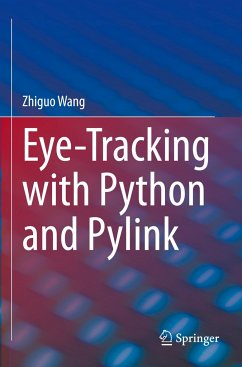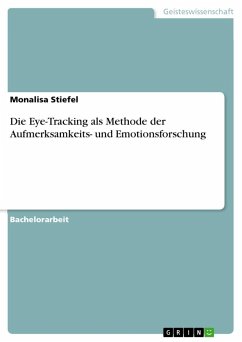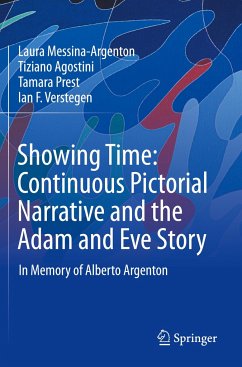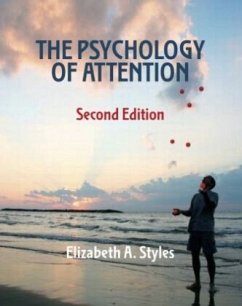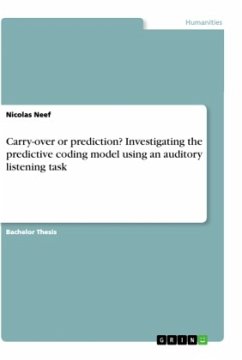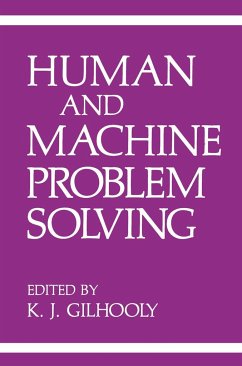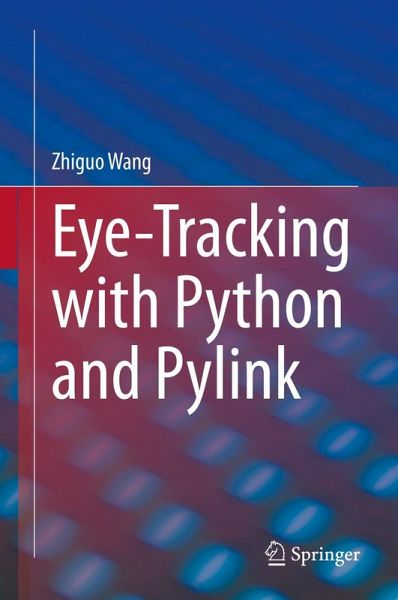
Eye-Tracking with Python and Pylink
Versandkostenfrei!
Versandfertig in 6-10 Tagen
91,99 €
inkl. MwSt.
Weitere Ausgaben:

PAYBACK Punkte
46 °P sammeln!
Several Python programming books feature tools designed for experimental psychologists. What sets this book apart is its focus on eye-tracking.Eye-tracking is a widely used research technique in psychology and neuroscience labs. Research grade eye-trackers are typically faster, more accurate, and of course, more expensive than the ones seen in consumer goods or usability labs. Not surprisingly, a successful eye-tracking study usually requires sophisticated computer programming. Easy syntax and flexibility make Python a perfect choice for this task, especially for psychology researchers with li...
Several Python programming books feature tools designed for experimental psychologists. What sets this book apart is its focus on eye-tracking.
Eye-tracking is a widely used research technique in psychology and neuroscience labs. Research grade eye-trackers are typically faster, more accurate, and of course, more expensive than the ones seen in consumer goods or usability labs. Not surprisingly, a successful eye-tracking study usually requires sophisticated computer programming. Easy syntax and flexibility make Python a perfect choice for this task, especially for psychology researchers with little or no computer programming experience.
This book offers detailed coverage of the Pylink library, a Python interface for the gold standard EyeLink ® eye-trackers, with many step-by-step example scripts. This book is a useful reference for eye-tracking researchers, but you can also use it as a textbook for graduate-level programming courses.
Eye-tracking is a widely used research technique in psychology and neuroscience labs. Research grade eye-trackers are typically faster, more accurate, and of course, more expensive than the ones seen in consumer goods or usability labs. Not surprisingly, a successful eye-tracking study usually requires sophisticated computer programming. Easy syntax and flexibility make Python a perfect choice for this task, especially for psychology researchers with little or no computer programming experience.
This book offers detailed coverage of the Pylink library, a Python interface for the gold standard EyeLink ® eye-trackers, with many step-by-step example scripts. This book is a useful reference for eye-tracking researchers, but you can also use it as a textbook for graduate-level programming courses.





